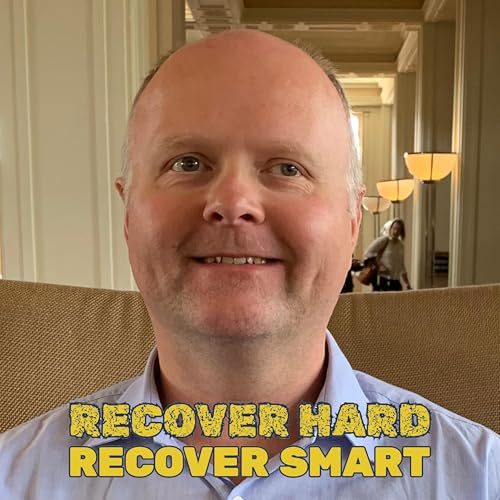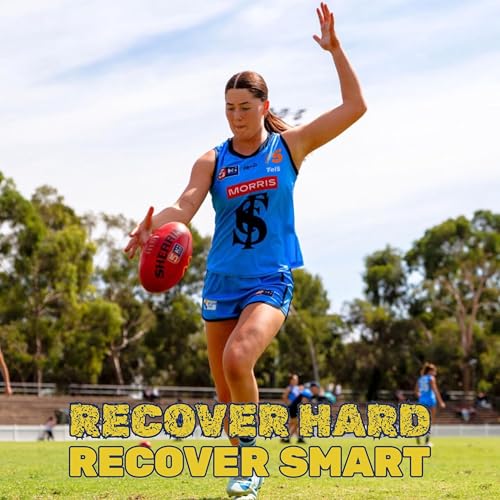Harry Moffitt is a former SAS soldier turned psychologist who’s been blown up, burned, had a machete to his leg, and torn just about everything in his body over his career. He wrote a book called The Fourth Pillar about performance under pressure, and this conversation covers what he’s learned about injury recovery from both military and psychology perspectives.
Harry talks about why long-term injuries are the hardest mentally (the loneliness, self-doubt, and shame of not being available to help), the importance of social connections during recovery, and why athletes who see sport as their only identity struggle more than soldiers who know their first career ends at 35. He explains the stoic principle that pain is inevitable but suffering is optional, and why your inner critic isn’t something to eliminate but rather to balance with other voices.
The conversation covers how to know when your body can take more versus when it needs rest, why having something outside of sport makes you less fragile (not less competitive), and how to read The Fourth Pillar properly with a dictionary and pen. If you’re dealing with a long recovery and questioning whether you’ll get back, Harry’s perspective from extreme situations shows how mindset actually works.
Key insights:
- Long-term injuries are mentally hardest because of loneliness, self-doubt, and shame. You might have support staff, but you’re still alone in the recovery process.
- Social connections matter more than expert advice during recovery. Having teammates and friends who support you beats perfect rehab programming.
- Your inner critic isn’t the enemy. You need that voice for important moments. The goal is balance, not silencing it completely.
- Athletes who see sport as everything struggle more than people with broader identities. Elite soldiers know their career ends at 35, so they’re mentally prepared for transition.
- Pain is inevitable, suffering is optional. This stoic principle helps separate physical injury from the mental spiral that can come with it.
See omnystudio.com/listener for privacy information.
 2025/10/1110 分
2025/10/1110 分 12 分
12 分 13 分
13 分 17 分
17 分 19 分
19 分 14 分
14 分 21 分
21 分
